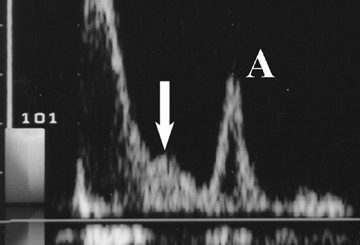Cardiology MCQs-6
Contents
- 1 Mitral facies refers to a distinctive facial appearance associated with mitral stenosis is usually seen in
- 2 Which lesions of infective endocarditis are painful
- 3 The normal angle between the nail bed and the proximal nail fold is
- 4 Which carcinoma lung is the most frequent histopathological type of lung cancer associated with HOA [hypertrophic osteoarthropathy]?
- 5 Angle made by nail as it exists from the proximal nail fold is called
- 6 Profile angle of greater than —– is used to identify true clubbing
- 7 Pathogenesis of digital clubbing
- 8 Watch-glass nails or Hippocratic fingers/nails
- 9 Floating nail sign
Mitral facies refers to a distinctive facial appearance associated with mitral stenosis is usually seen in
A. Mild Mitral regurgitation
B. Mild Mitral stenosis
C. Severe Mitral stenosis
D. Severe Mitral regurgitation
Which lesions of infective endocarditis are painful
A. Osler’s nodes
B. Janeway lesions
C. Splinter hemorrhage
D. Clubbing
The normal angle between the nail bed and the proximal nail fold is
A. 60°
B. 90°
C. 160°
D. 180°
Which carcinoma lung is the most frequent histopathological type of lung cancer associated with HOA [hypertrophic osteoarthropathy]?
A. Adenocarcinoma
B. Squamous cell carcinoma
C. Large cell carcinoma
D. Small cell carcinoma
Angle made by nail as it exists from the proximal nail fold is called
A. Angle of wiberg
B. Lovibond’s angle
C. Angle of Louis
D. Angle of His
Profile angle of greater than —– is used to identify true clubbing
A. 60°
B. 120°
C. 160°
D. 180°

Pathogenesis of digital clubbing
- local hypoxia
- platelet activation
- release of signal proteins such as VEGF
- stimulation of angiogenesis
Watch-glass nails or Hippocratic fingers/nails
Clubbed fingers are also known as watch-glass nails, drumstick fingers, and Hippocratic fingers/nails.
| A | Angle of wiberg | center-edge angle (CEA) of Wiberg is a measurement in the pelvis which is the angle formed by Perkin line and a line from the center of the femoral head to the lateral edge of the acetabulum |
| B | profile sign of the thumb | Lovibond’s angle – angle made by the nail as it exits the proximal nailfold. |
| C | Angle of Louis | Angle of Louis is the eponymous name given to the sternal angle which is the palpable anatomical feature formed from the manubriosternal junction. |
| D | Angle of His | Angle of His, also known as the esophagogastric angle, is the acute angle created between the cardia at the entrance to the stomach, and the esophagus. |
Floating nail sign
“floating nail” sign is demonstrated by applying pressure at the point indicated as the root of the nail plate. Normally, pressure there produces no movement. With clubbing, there is movement toward the bone.





